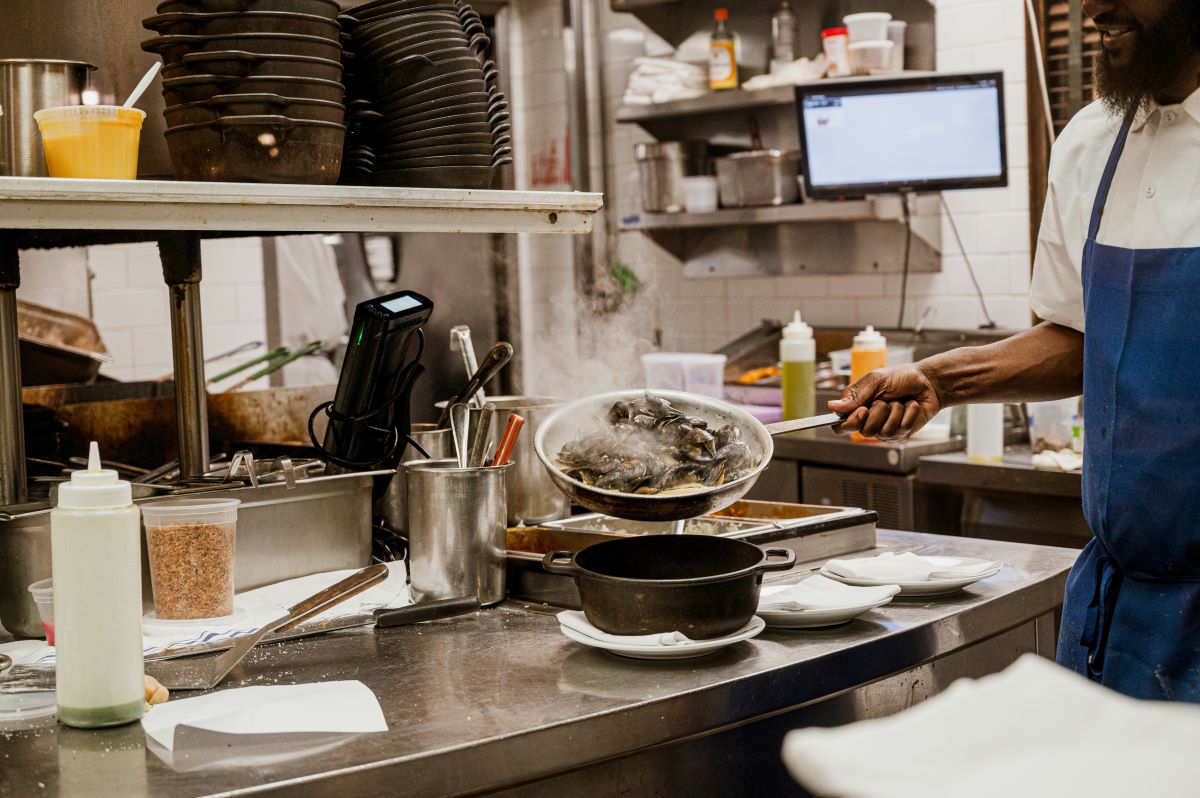
[Flash] Do You Reflect After Each High Jump?
|
This week, the field and track events at the 2024 Olympics in Paris highlighted Australian high jumper Nicola Olyslagers and her post-jump regimen.
The world watched her sprint to a journal after each jump, grab a pen, and start writing. As Nicola explains, she captures how she feels and then rates herself from 1-10 on technique (run-up, take-off, and execution). “It allows me to ask, ‘What do I need to work on?’ rather than get carried away by the emotion.” Nicola has incorporated this disciplined, reflective practice into her routine. Why? Because we learn from our experiences not by running past them but by leaning into them. Diligently, Nicola pauses after each jump to ponder her performance and consider how she could refine her next jump. And it worked! Her commitment to incrementally improve earned her the silver medal! While our high jumps look different, the enormous value of self-reflecting is universal. A “high jump” is any event where growth matters because success matters to us:
When we assess our performance in that event and measure our execution, emotional state, interactions, or outcome, we can make adjustments like Nicola did after every jump. For example, these measurements inform a reflective practice:
Based on these routinely curated scores, we set goals, make adjustments, and improve various aspects of our lives. Amazingly, the intentional focus required for self-reflection can calm us in chaos, while incremental improvements can bolster our confidence. In mentoring, reflection is essential for the learning process to occur.
The magic lies in the simplicity of the reflection. These 7 potent questions can readily structure a reflective routine for any “high jump:”
If you want to improve your resilience, performance, leadership, and joy, consider reflecting after your next high jump! © 2024. Ann Tardy and MentorLead. www.mentorlead.com. All Rights Reserved. |







